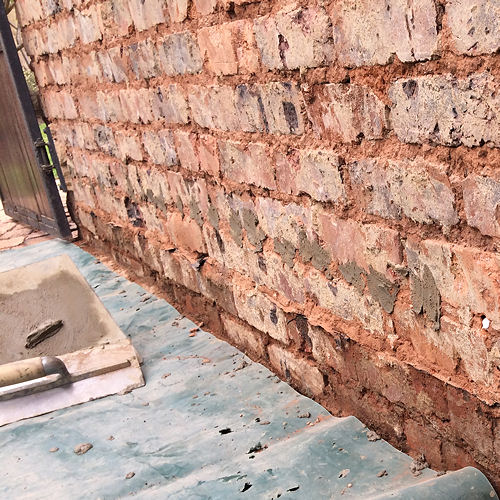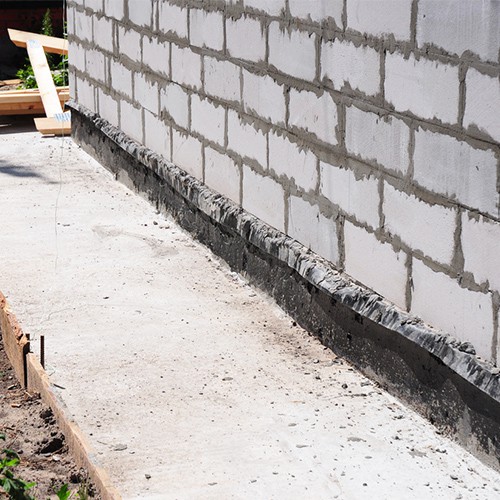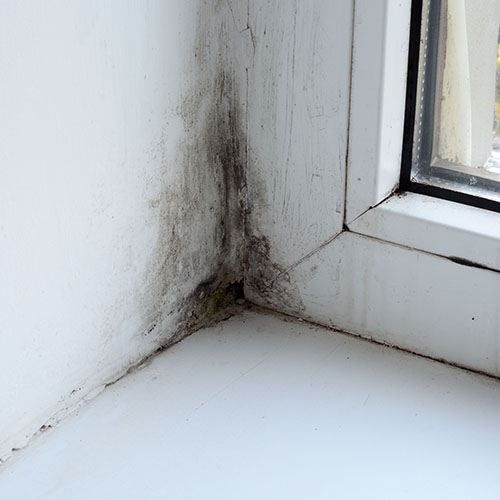Diagnosing Condensation Issues at Your Home in Swansea
Condensation is often very easy for homeowners to diagnose, manifesting itselff with many symptons. These symptoms are listed in the order they are most likely to occur. In other words, in the places most at risk of condensation forming and the way the condensation affects that area.
Quality Damp Proofing in Swansea
Condensation occurs when moist air comes into contact with air, or a surface, which is at a lower temperature. Air contains water vapour in varying quantities; its capacity to do so is related to its temperature – warm air holds more moisture than cold air. When moist air comes into contact with a colder surface, the air condenses some of its moisture onto that surface.
The air in our homes contains water vapour from cooking, washing, drying clothes and other activities. During cold weather this warm, moist air travels to cooler parts of our homes. The excess water vapour in the air then deposits on cold, impermeable surfaces such as windows and, in some cases, walls. This is called condensation. Condensation can also occur in less visible places like behind furniture, blocked-in fireplaces and underneath laminate flooring.
Spotting the Signs of Condensation at Your Property
- Window condensation – Beads of water on windows
- Pools of Water on the windowsill
- Beads of water on external walls
- Damp patches on external walls
- Damp patches on ceilings
- Damp patches in the corners of rooms
- Damp internal walls
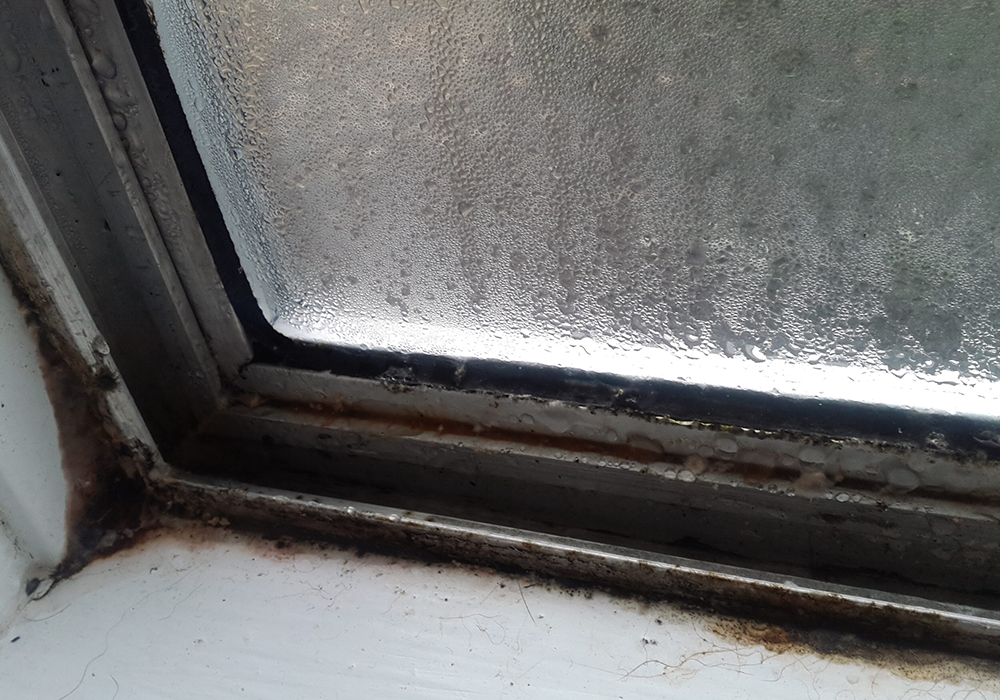
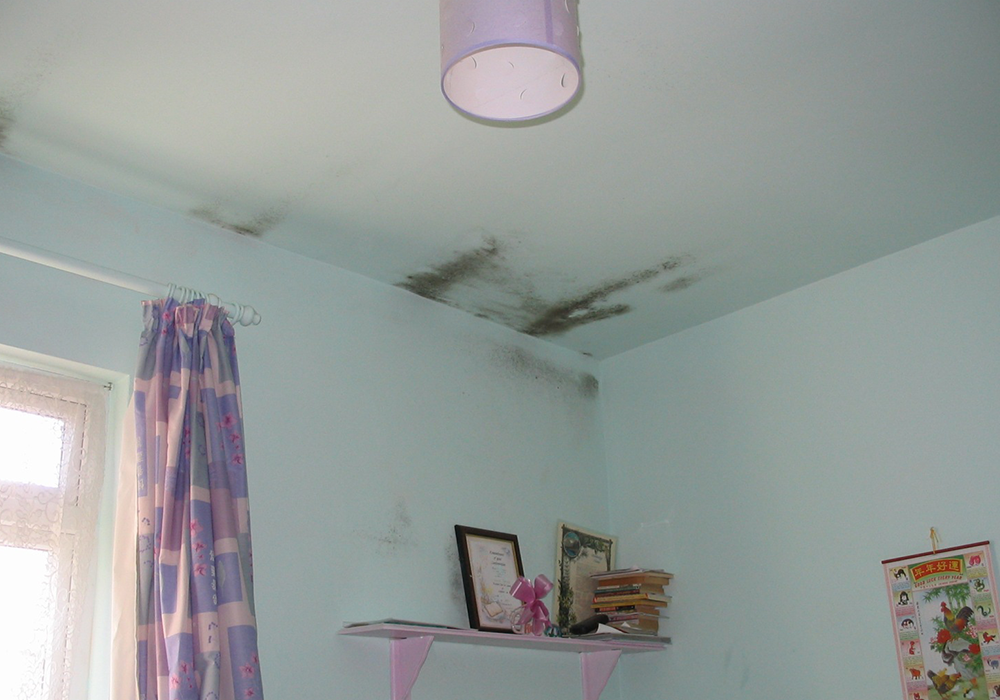
- Black mould on window frames, window recesses and windowsills
- Black mould on walls – particularly corners and recesses with little air flow
- Black mould in cupboards
- Black mould on curtains and clothes
- Wet internal walls
- Black mould on carpets – can be a symptom of condensation but is more often a sign of penetrating damp especially if you don’t have any of the symptoms above
Increasing ventilation helps improve condensation problems in the home. Home remedies can be as simple as opening windows ( particually when cooking or drying laundry), or for windows that lock partly open, leaving them like this more often.
You could also get vents installed, such as: air bricks (bricks specially made with small holes in) added to the outside walls; air vents for internal walls or sealed chimneys to allow airflow through the house; roof ventilation tiles and/or ventilated soffits (under the roof and guttering) to allow air through the loft; window vents added to the top of windows.
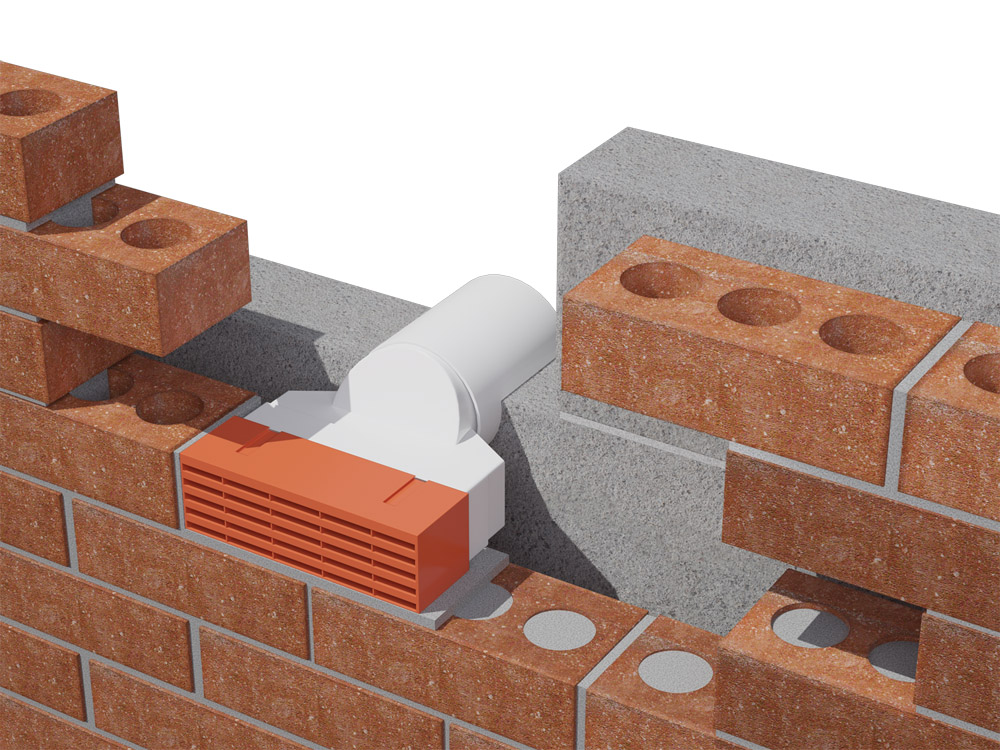
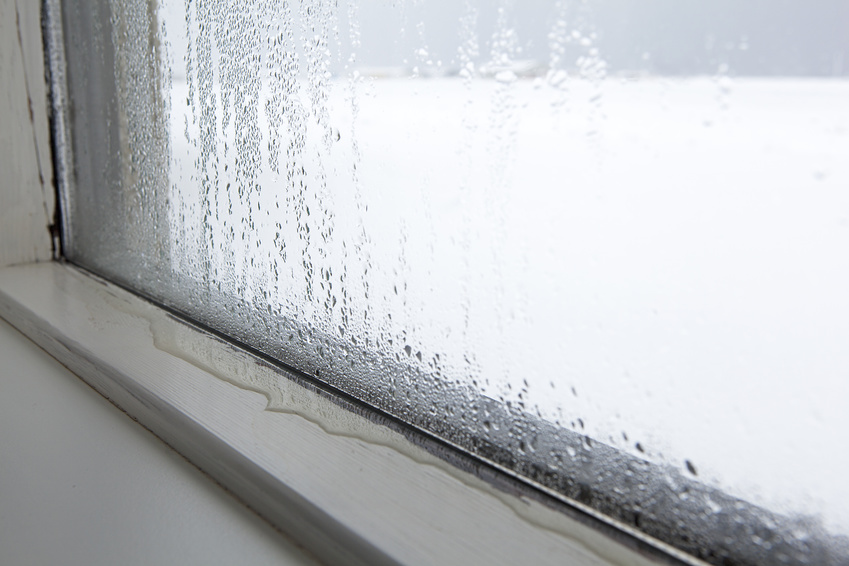
Bear in mind that these measures may mean that some heat is lost from your house, so balance that against how much of a damp issue you have and consult a specialist to check the best course of action. If you don’t have a fan in your bathroom or kitchen, you should consider installing one, as these two rooms are responsible for most moisture in the home. This could cost as little as £150 each.
Contact Swansea Damp Co
If you spot any of the signs of condensation above in your property and would like to speak with a trusted local damp proofing company to ask any questions or arrange a free site survey and quotation for treatment for condensation issues in your home please contact the team at Swansea Damp Co today. We cover Swansea and all other areas in South Wales offering competitive prices and a service second to none.

